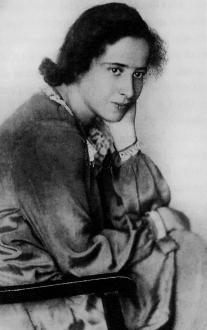The trail goes cold
For centuries, the history of the far North was a tapestry of controversies and mis- understandings, misspellings, dubious arrivals and equally dubious departures. Pytheas the Greek sailed north from Britain in the 4th century BC, found a place where the sea, land and sky seemed to merge, and was trounced by later scholars as a terrible charlatan. The Vikings mingled cartographical details with stories of trolls and hauntings. During the reign of Elizabeth I, Martin Frobisher went north and (mistakenly) thought he’d found gold. Undeterred, successive explorers and treasure hunters ventured into the Arctic wastes, many of them vanishing among the floes. Frederick Cook claimed to have reached the North












